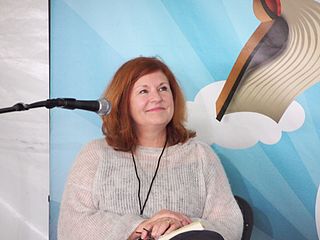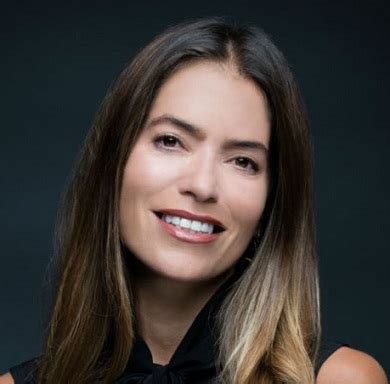A Quote by Chinua Achebe
Once you have really done all you can, then you can show it to people. But I find this is increasingly not the case with the younger people. They do a first draft and want somebody to finish it off for them with good advice.
Related Quotes
The best advice on writing was given to me by my first editor, Michael Korda, of Simon and Schuster, while writing my first book. 'Finish your first draft and then we'll talk,' he said. It took me a long time to realize how good the advice was. Even if you write it wrong, write and finish your first draft. Only then, when you have a flawed whole, do you know what you have to fix.
I tend to write things seven times before I show them to my editor. I write them seven times, then I take them on tour, read them like a dozen times on tour, then go back to the room and rewrite, read and rewrite... I would never show him a first draft, because then he's really going to be sick of it by the twelfth draft.
Whenever I teach writing I tell them to never revise as you go. Finish the first draft. This is my writing advice. I can't do that myself. I'm lying to everybody. I write a paragraph, and then I rewrite that paragraph. I want to feel like I'm standing on firm ground before I move on to the next paragraph. Mentally, I have to do that.
With Ibrahim al-Koni, what I figured out was - and you'll see this in his novels - if your time is limited, make the unit of the chapters small so that you can finish one a day, at least in the first draft. Once you have the first draft it's living, and you can coax it to grow and trim it and reshape it and so on. But get that first draft. I think if I'd gone to an MFA program and learned that, it would have been money well spent. But translation has been that for me.
In all my documentaries, I have great respect for the people I work with. Really, I love them. And it's very important for me that when I finish a movie, they stay my friends. It's important that they won't feel that I in any way manipulated them or showed them in a bad light. I want to show them in all their reality - not as subjects but as people with flesh and blood - but I want to do this with all my respect.
In my first meeting with somebody, I kind of say, "What are your expectations?" And there are some people who say, "I just want to be fair," so then we have to qualify what that means. But when somebody comes in and says, "I just want to nail him. I just want to exact as much punishment as I possibly can." Well, that might be a case where I say, "We may not be the right firm for you."
Learn a lot about the world and finish things, even if it is just a short story. Finish it before you start something else. Finish it before you start rewriting it. That's really important.
It's to find out if you're going to be a writer or not, because that's one of the most important lessons.
Most, maybe 90% of people, will start writing and never finish what they started. If you want to be a writer that's the hardest and most important lesson: Finish it. Then go back to fix it.







































